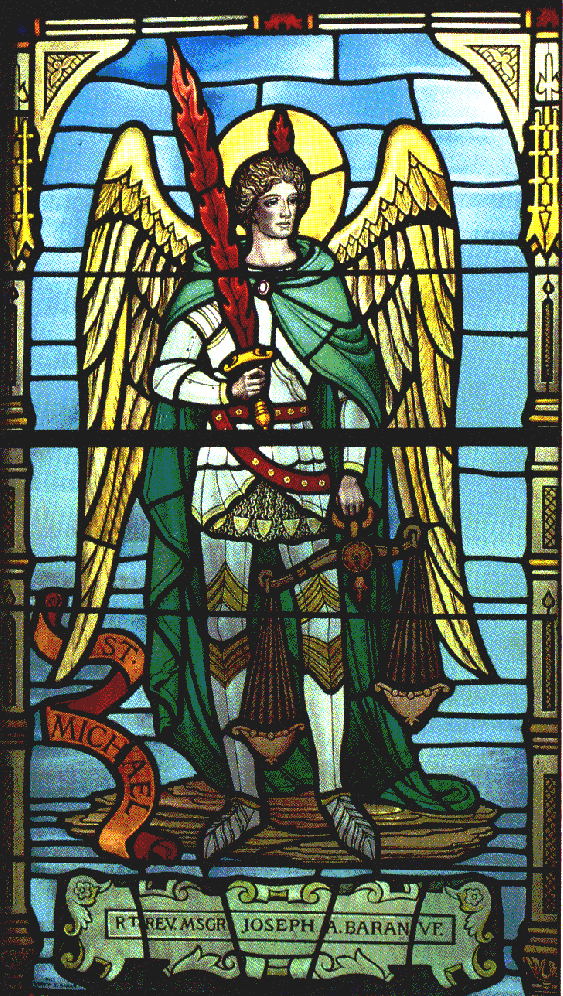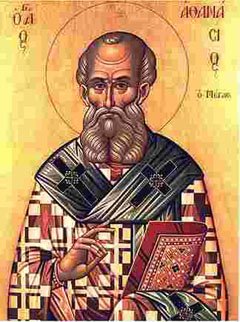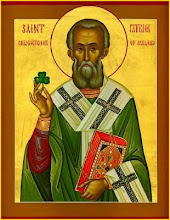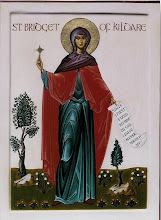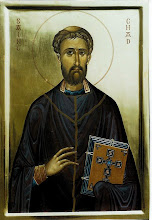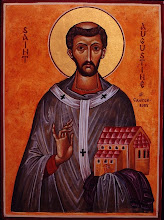From the weblog of Rev. Dr. Joe McKeever, Director of Missions for the Baptist Assoc. of Greater New Orleans
In high school, J. L. Rice and I were the two first boys to ever take shorthand. We took it for two full years, thinking we would need it in college. We didn't, but for me, it was a wise choice since it paid my way through school and supported my family the first two years of marriage. (I worked as a secretary for a railroad company during college and for a cast iron pipe company for two years afterward.)
In Old Testament days, in the courts of kings like David and Solomon, among the officials serving the rulers was one called a "recorder." The Hebrew word is MAZKIR. It's a fascinating word.
Bear in mind that the consonants in Hebrew carry the freight. The ZKR--pronounced zah-kar--is the word for "remember." You will recall what a popular theme that was for prophets who brought sermons to God's people. "Remember, O Israel," they would begin. A friend of mine did his doctoral thesis on the use of "zakar" in the Old Testament. He had plenty of material to work with.
The word MZKR or MAZKIR adds a new dimension to "remember," and makes it "to cause to remember." That is, to remind.
A MAZKIR or court recorder was a person with an interesting assignment: he took notes (shorthand?) on what the king did in negotiations with other rulers or while issuing verdicts in court and he kept that information on file. The next time the king met with the other rulers or held court again, he called in his "mazkir" and asked him to bring him up to date, to remind him of what they did the last time. Kings need people to help them remember.
Okay, still with me here? This is where it gets good.
Isaiah, chapter 62, verses 6 and 7. "I have posted watchmen on your walls, O Jerusalem; they will never be silent day or night. You who remind the Lord, take no rest for yourselves and give him no rest until He makes Jerusalem the praise of the earth."
"You who remind the Lord" is MAZKIR.
Think of prayer as your serving as the Lord's court recorder. You take notes on what He has done and what He has promised, then you bring Him up to date on it when you enter His presence with a need or intercession.
I cannot tell how many times over the years I have heard unthinking preachers lambast their colleagues for standing in the pulpit and praying prayers like this: "O Lord, thou who created the earth...who commanded the light to shine in darkness...who did this and did that."
"He knows who He is and what He has done!" the critical preacher would say. "Get to the point. What's on your mind! Quit beating around the bush in your prayer."
I confess I've had some of those same thoughts when listening to others pray.
The problem with that criticism is that it is ignorant of the many prayers throughout scripture where God's people prayed in just this way, reminding the Lord of...
--who He is --what He has done --what He promised --who we are --what we need
Case in point. Acts 4. Peter and John were arrested for preaching Jesus and threatened with severe retaliation if they continued.
"After they were released, they went to their own fellowship"--that is, they pulled the church members together--"and reported all that the chief priests and the elders had said to them." (Acts 4:23)
Someone must have said, "Well! We'd better tell the Lord about this!" and they did.
"They raised their voices to God unanimously and said, 'Master, you are the one who made the heaven, the earth, and the sea, and everything in them.'"
See what they're doing? Reminding God of who He is and what He has done. As if He didn't know!
They continued, "You said through the Holy Spirit by the mouth of our father David your servant, 'Why did the heathen rage and the people plot futile things? The kings of the earth took their stand and the rulers assembled together against the Lord and against His Christ.'" (v.24-26)(That quotation is from Psalm 2.)
Now what are they doing? Reminding the Lord of what He has said.
Continuing, "For in fact, in this city both Herod and Pontius Pilate, with the Gentiles and the peoples of Israel, assembled together against your holy servant Jesus, whom you appointed, to do whatever your hand and your plan had predestined to take place." (v.27-28)
Reminding the Lord of their situation.
"And now, Lord...."
Finally, they come to the point. But like a good attorney in the courtroom, they lay the groundwork for the point to which everything has been leading up.
"And now, Lord, behold their threats, and grant that your servants may speak your word with complete boldness, while you stretch forth your hand for healing, signs, and wonders to be performed through the name of your hold servant Jesus."
Reminding the Lord of what they needed.
Was that necessary?
In the midst of urging us to pray, Jesus said, "Your Heavenly Father knows what you need before you ask Him." (Matthew 6:8)
He knows, but ask Him anyway. Tell Him like He didn't know.
Why is this necessary? Because Jesus said this is how we are to pray.
The postscript to that Jerusalem prayer meeting is this word: "When they had prayed, the place where they were assembled was shaken, and they were all filled with the Holy Spirit and began to speak God's message with boldness." (4:31)
There are as many ways to pray as God has children.
"Reminding God" is one many of us have left unused. Give it a try.
